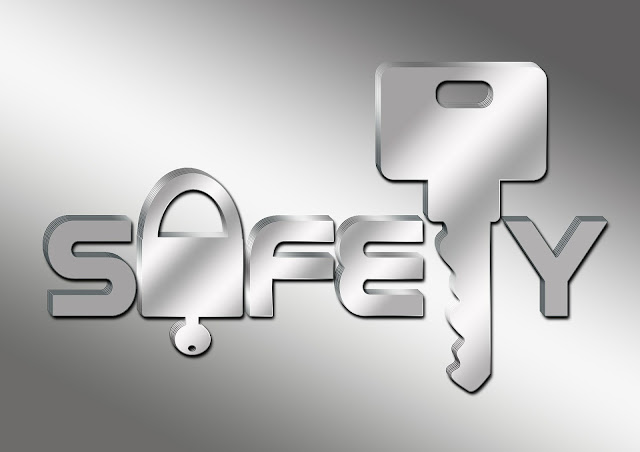 |
Last updated: 05 February 2022
We assure you that we protect the data, you provide when you visit engdose.blogspot.com. This privacy policy reveals everything about your safety and security.
You will be updated from time to time whenever there are any changes in our privacy policy. Hence, we request you to visit this page sometimes to be aware of the same.
we collect your IP address, your contact information, email address, other interests and your online behaviour on our blog.
Due to many reasons, we collect your data. The following things will reveal the same. We understand better your requirements. We improve our services and products according to your preferences. We send you promotional emails that may be helpful in your day to day life according to your interest. Whenever there are surveys and market research, our emails help us better and finally your data will also be useful to customise our blog.
The engdose.blogspot.com is dedicated to securing your data and maintaining it confidential. This site engdose.blogspot.com has all the
abilities to prevent data theft, unwanted access by using the latest technology and software. This enables safeguard for your data. In part of our cookies policy, you agreed to use the data regarding your online behaviour, spending time on websites and other websites you visit. These cookies are helpful. Customise our blog according to your when it is used for statistical analysis it will be removed from our systems entirely.
Cookies don't allow as to gain access to your device in any way. They are meant to monitor your experience with our sites. With this, we can provide a better experience for you.
Allowing cookies depend on your interest. At any time you can disable it from your internet browser. Our site engdose.blogspot.com contains links that take us to other websites. When you happened to click on these links engdose. blogspot, com is not held responsible for your data and privacy protection. Visiting some websites is not controlled and monitored by this privacy policy agreement. For this reason, you must refer to the privacy policy statement of the website. You go to formal our sites by doing the following. You will restrict the use and collection of your data while filling the forms on the sides try to find if there is a box that you may ignore and checked that blogspot.com will not sell and spread your personal information to any third party to do this we will contacting you to get your permission to do so when the law instructs us this is obvious that to use your personal information when. we need to send you promotional materials if you agree to this primary policy.